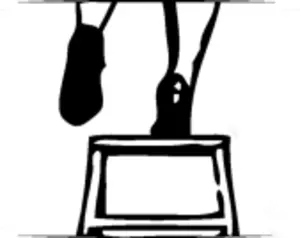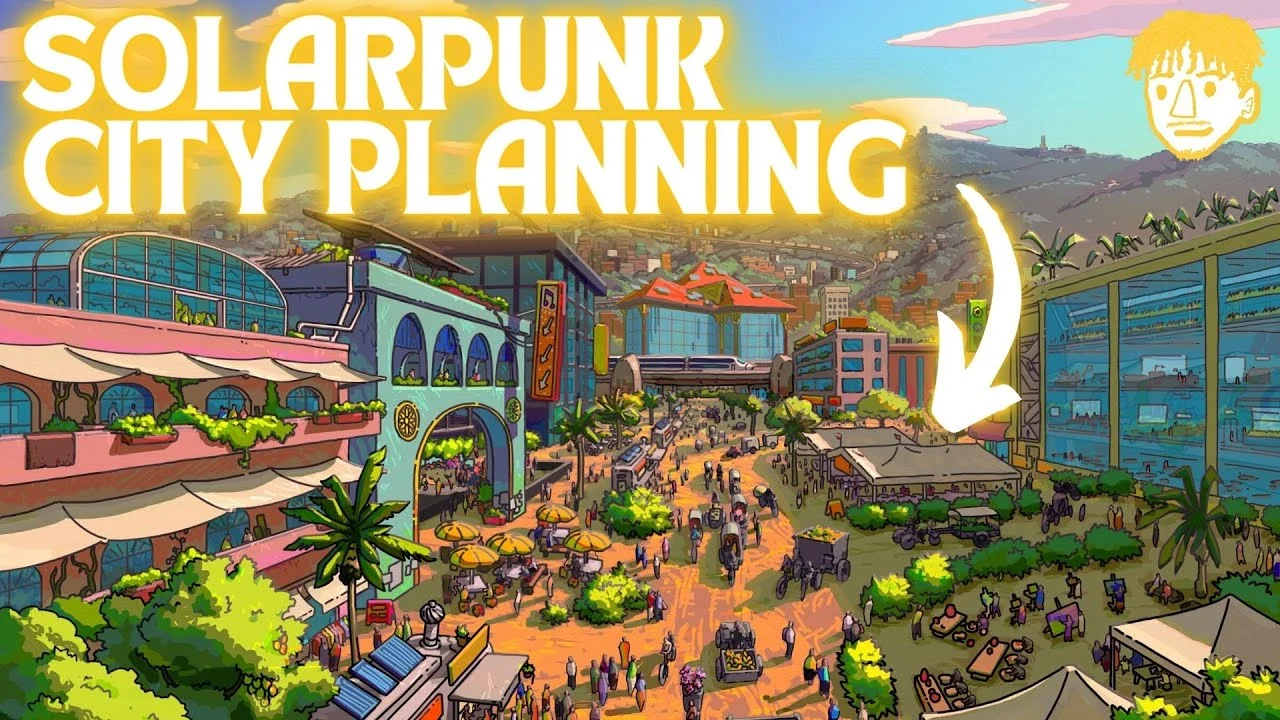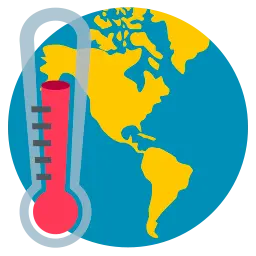Mambabasa
- 36 Posts
- 80 Comments

 3·2 months ago
3·2 months agoDuring the Ukrainian Revolution, there were all sorts of gangs that emerged that killed Jews and stuff. What did anarchists do? They killed those pogromists in turn. Under conditions of anarchy, there is no state that has a monopoly on the legitimate use of violence to punish those who break the “social contract.” Rather, there is a plurality of violence that various groups can inflict on offenders. If you fuck around, you will find out.
Is this a violent sort of life? Not really. It’s not as if Indigenous or pre-state peoples live in violence all the time. Sure, violence did happen, so what?, violence happens all the time under state societies too. The difference is that without a state, people cannot call on a higher power to coerce so they have to rely on each other to keep each other safe. Besides, the people doing the raping, stealing, and killing in state societies are precisely the people protected by privilege and the state. Under conditions of anarchy, such privileges mean very little.

 9·2 months ago
9·2 months agoAnthropology has a lot to teach us on how people dealt with such large-scale endeavors without the state. If there’s conflict, they find a mediator or perhaps hold a meeting between the two groups to hash these things out. Sometimes, two groups would go to war. But anarchy is not merely statelessness, it means a society of consent and collaboration without hierarchy. Previous forms of statelessness may see peoples going to war or exert hierarchy with one another over any sort of disagreement or conflict, but anarchy means means a commitment to figuring out how to settle conflict and disagreements without hierarchy. So yes, anthropology has a lot to teach us on how people dealt with conflict in healthy ways. Sometimes they’d settle conflict in violent ways, but our purpose is to learn from these and do better.
tl;d: how is this done? talk to each other and learn from how people mediated conflict without states.

 2·2 months ago
2·2 months agoWhat’s disturbing is that Fredy Perlman wrote that decades ago.

 71·3 months ago
71·3 months agoI don’t think I count but I’ve been trying to push the envelope on social ecology in the climate movements in the Philippines

 251·4 months ago
251·4 months agoTo me, the meme acknowledges that GOG installers are shared in groups, which is piracy since the other people didn’t pay for it. (That doesn’t mean it’s bad btw.)

 151·4 months ago
151·4 months agoTo me, the meme acknowledges that GOG installers are shared in groups, which is piracy since the other people didn’t pay for it. (That doesn’t mean it’s bad btw.)

 341·4 months ago
341·4 months agoTo me, the meme acknowledges that GOG installers are shared in groups, which is piracy since the other people didn’t pay for it. (That doesn’t mean it’s bad btw.)

 2·4 months ago
2·4 months agoSee you there then!

 4·4 months ago
4·4 months agoThis is a riot haha

 21·4 months ago
21·4 months agoInteresting. Maybe you should tell that to the Institute for Social Ecology.

 6·4 months ago
6·4 months agoThis is Murray Bookchin’s posthumous work that clearly defines his post-anarchist and post-Marxist period where he develops social ecology and libertarian municipalism. It holds up I think, but I agree with Ian McKay who said Bookchin’s critiques of anarchism falls so flat that Bookchin’s earlier writings during his anarchist period could be used to rebut his later post-anarchist period.

 6·4 months ago
6·4 months agoYeah of course. They’ve even read Bookchin and the anarchist authors. It’s not as if anarchism is the one true faith and all it will take is some enlightenment for all to come to it. Different people have different experiences and come with different conclusions. Under a different set of experiences, I could have thought Marxism-Leninism would be the logical conclusion. What makes Marxism-Leninism in the Philippines unique is that unlike Marxism-Leninism in the West, which is often anti-revisionist (and thus Stalinist), de-Stalinization forced a rethinking of principles and experimentation with new ideas. This, of course, happened in the United States as well. Angela Davis, once a staunch supporter of Soviet authoritarianism in Eastern Europe, eventually changed her mind on Marxism-Leninism after the collapse of the USSR and led a non-Leninist bloc within the CPUSA. What makes the US different is that the post-1989 wave of de-Stalinization in Western Europe saw former MLs rebrand as democratic socialists while the true faith MLs kept the ML brand. In the Philippines, the wave of de-Stalinization after the end of the dictatorship saw instead a reclaiming of the Marxist-Leninist brand while repudiating Maoism (but not Mao Zedong Thought).

 5·4 months ago
5·4 months agoYeah, they recognize that Stalin and Mao have important contributions to Marxism-Leninism, but de-Stalinization refers to a rejection of certain features like purges, show trials, stuff like that. Some people like Trotskyists don’t take their word for it and still see them as Stalinists. Really, I’m more concerned about my personal safety than ideological pronouncements. The Rejectionist Left, or the Marxist-Leninists who reject the CPP, developed these critiques of Stalinism precisely because they were targeted for purging and assassination by the CPP. So they’re more conscious than some white ass ML on the dangers of what Stalinism entails. This makes them safer to work with than those ideologically reaffirming the CPP, called the Reaffirmist Left.

 4·4 months ago
4·4 months agoIronically, I’m cooperating with Marxists, Marxist-Leninists, democratic socialists and other pro-State socialists because we’re pretty much in agreement in opposition to both the so-called dictatorship of the bourgeoisie AND the decrepit Communist Party of the Philippines. On an interesting sidenote, Marxism-Leninism in the Philippines had a bit of a de-Stalinization moment in the 90s (part of the schism and purge with the CPP), so it’s a very different creature from tankies in other countries.

 2·4 months ago
2·4 months agoThat seems to be more of an argument of why left unity is bad.

 102·4 months ago
102·4 months agoEven Lenin was of agreement that left unity was overrated. He talked on a preference of a “unity of Marxists” over a "unity between Marxists and falsifiers of Marxism.”
Speaking more personally, I’m willing to unite with others on a shared common basis and a common program. But there are limits. I do not seek unity with Maoists and Stalinists and their armed struggle because history has shown that even before they have taken power, they already murdered hundreds of their own dedicated communists thirty years ago. The Communist Party of the Philippines has consistently refused to account for this atrocity. Then twenty years ago, they murdered Marxist-Leninists and social democrats. What kind of unity can be had with a group that murders their own cadre and the cadres of other groups? The answer is that there can be no such unity.

 3·4 months ago
3·4 months agoAmprims and anti-civs don’t hang out on Lemmy, they hang out on Raddle, which refuses to federate with anybody.

 5·5 months ago
5·5 months agoBiden kept the concentration camps open. Any good he’s doing is just white wash. Fuck your country.

 71·5 months ago
71·5 months agoBiden kept the concentration camps open. What’s the difference? The entire point of the meme is imperialism, that nothing has changed since Obama’s election, that no matter who wins, imperialism wins. I suppose I can’t expect an Americano to understand that.













I think you’re fundamentally misunderstanding that social relationships to harm are fundamentally changed under conditions of anarchy. I apologize for the misunderstanding as writing on obscure forums doesn’t exactly encourage me to write with vigor.
Of course there would be a plurality of violence under conditions of anarchy, but this does not fundamentally mean the rule of vigilantism. Right now, people have been dealing with harm without the state for generations. These are found in criminalized communities like Black and Indigenous people, people who use drugs, people who engage in sex work, etc. These people develop mechanisms by which to deal with harm without the state and oftentimes without engaging in vigilantism. For these people, vigilantism is not a court of first resort but a last resort. Vigilantism puts a target on their back from the state. Instead, they talk it out, develop safety plans, plan boycotts and bans, etc.
Rather than thinking of justice in anarchic terms as vigilantism, think of it in terms of people dealing with harm and conflict in healthy ways.